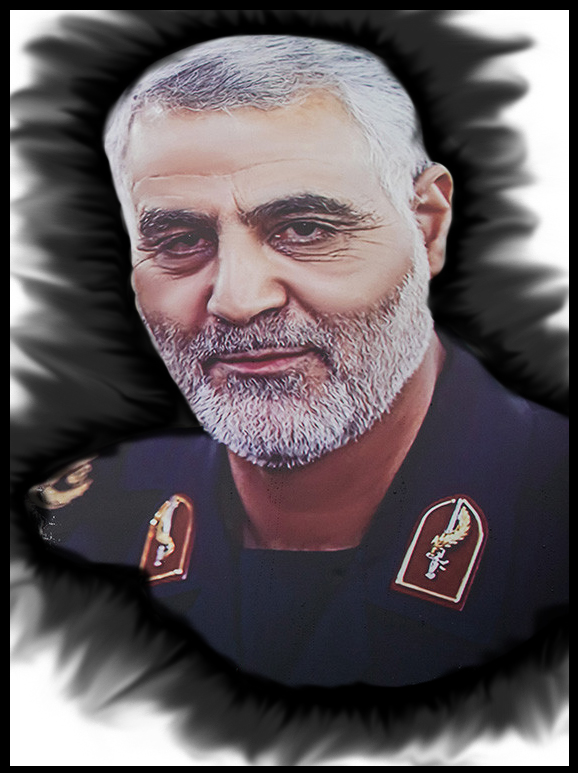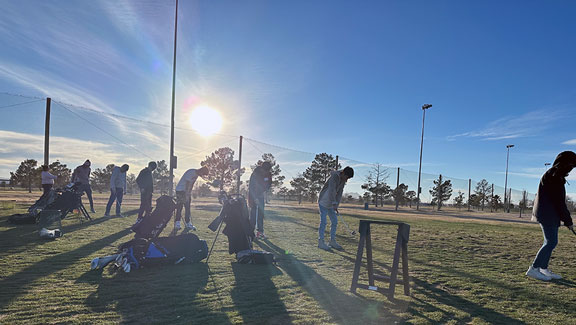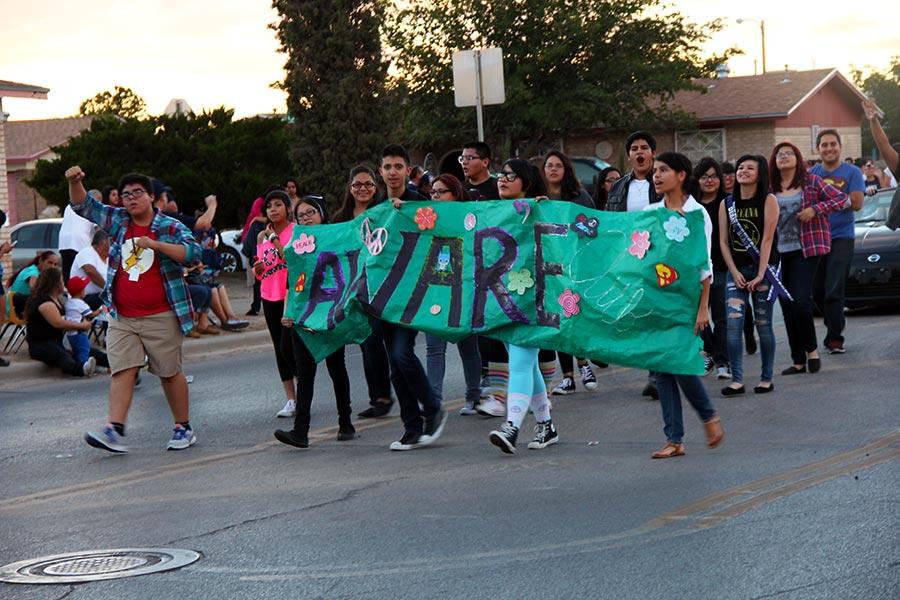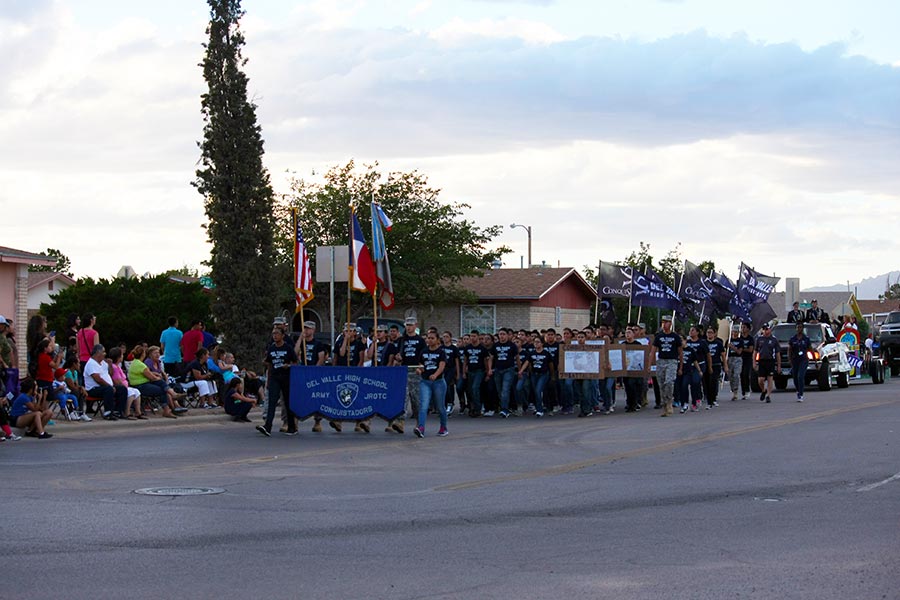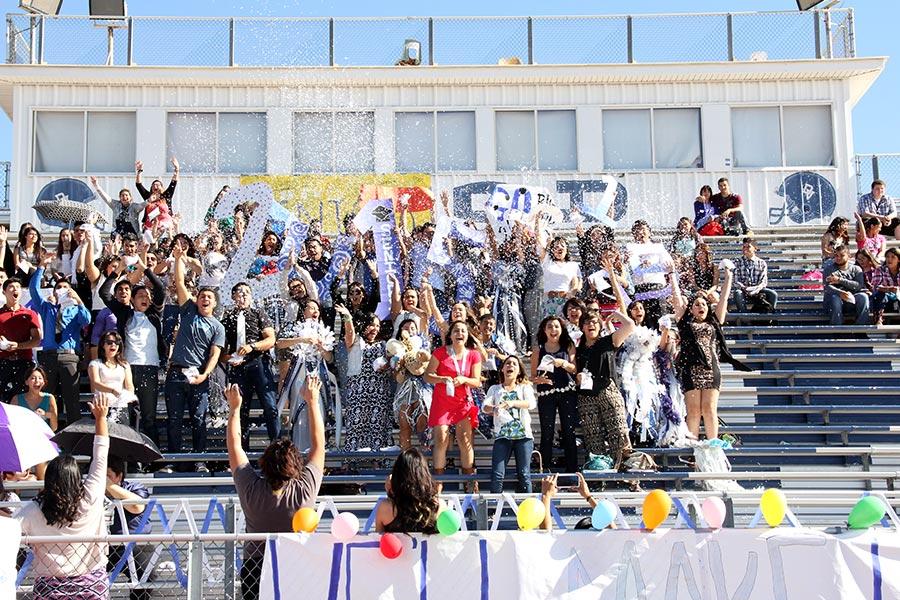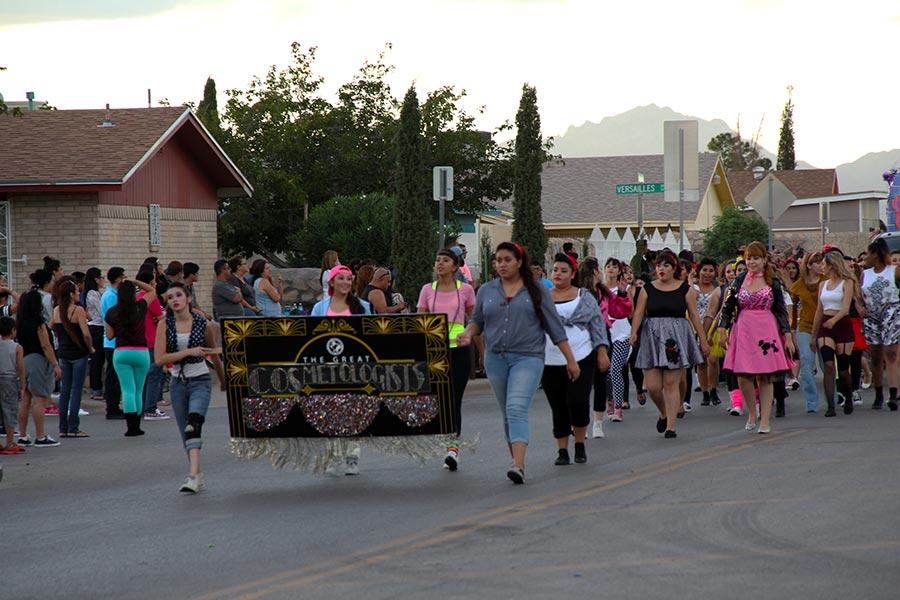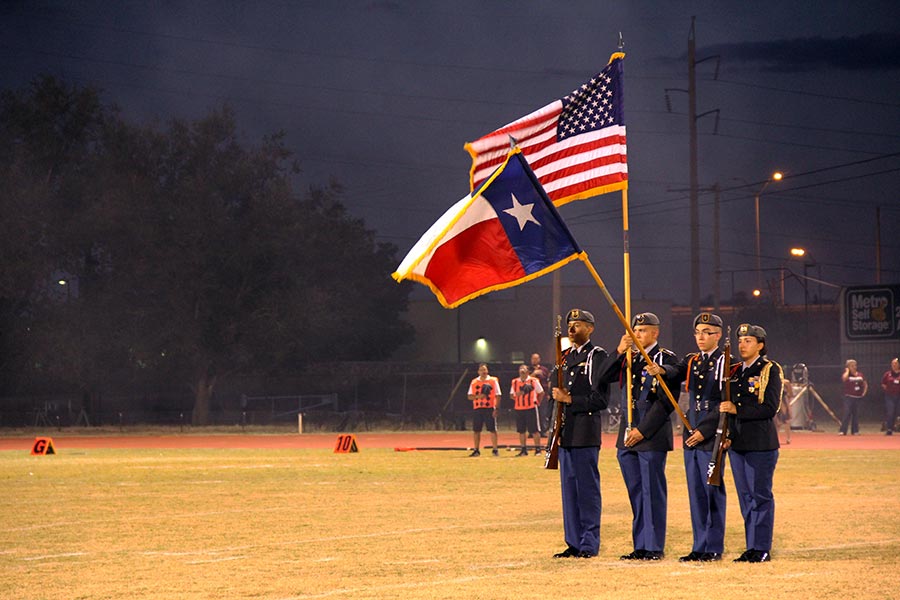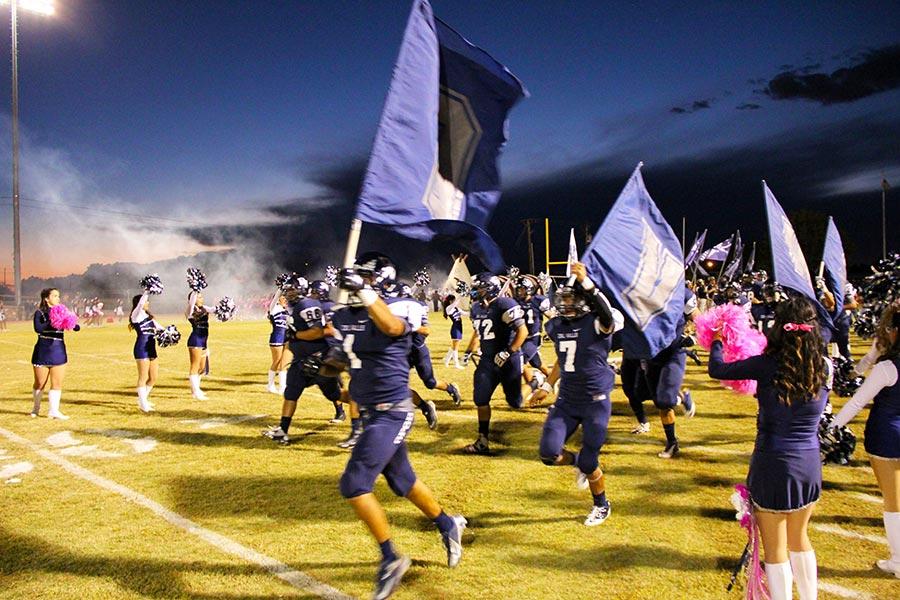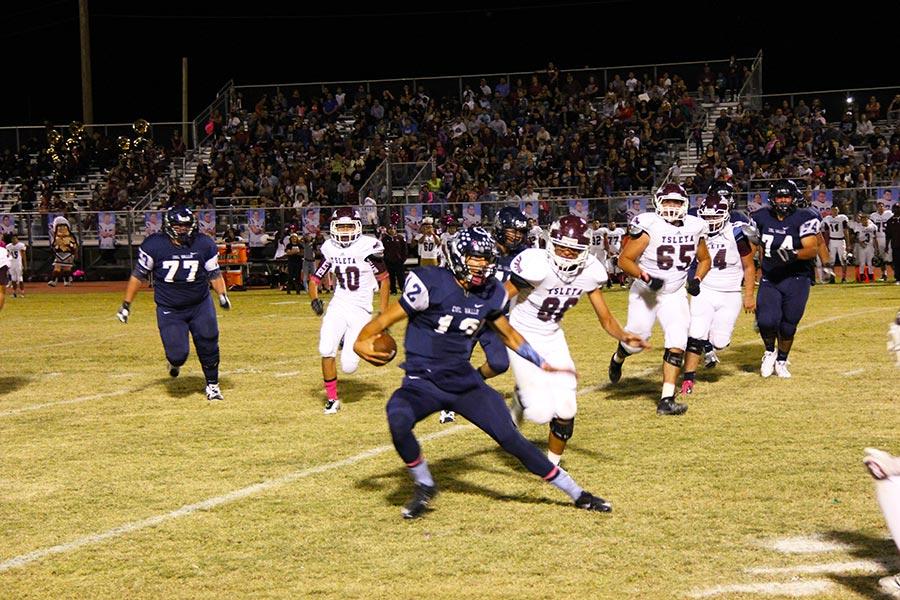Soleimani’s death causes backlash
Leader Quasem Soleimani.
March 3, 2020
Iran’s greatest general Qasem Soleimani was targeted and killed by an American drone strike on Jan. 3, causing a backlash which many felt brought the nation on the brink of war. Soleimani was considered a terrorist by the U.S. government and referred to as a monster specialized in killing Americans.
Soleimani was Iran’s top general who joined the Revolutionary Guards in 1979. Rising through the ranks, he led men in the Iran-Iraq war and became the commander of the 41st Tharallah Division. Leading many extraterritorial operations he became the leader of the Quds (described as the Iranian unit deployed to challenge the U.S. presence in Iraq), as reported by “Who was Qassem Soleimani, the Iranian general killed in a U.S. strike?” from CBS News, Jan. 3.
In Iran Soleimani’s death was considered a threat by the U.S. government since he was an important figure in their country. A funeral was prepared which was described as one of the largest funerals in Iran. Fifty-six mourners were killed by stampede at the procession.
Since Soleimani was Iran’s highest ranked general, the Iranian Quds are now looking for a replacement . Soleimani will be hard to replace due to his experience and knowledge about the war with the U.S.
Iran retaliated against the U.S. on Jan. 8, and accidentally shot down a Ukrainian airplane which was mistaken for incoming U.S. cruise missiles as reported in “Anatomy of a Lie: How Iran Covered Up the Downing of an Airliner,” by Farnaz Fassihi, The New York Times on Jan. 26. This event was initially covered up which caused a backlash within Iran. When citizens discovered the cover up they started criticizing the Iranian government.
In the U.S. Soleimani’s death had as much impact as in Iran since many Americans criticized President Trump for his decision while many backed him up. His decision to kill the Iranian general brought the U.S. on the brink of war. American soldiers who were located in an American base in Iraq were also affected since 22 missiles were launched a week after Soleimani’s death. Trump announced that no one was badly injured but a week after his announcement it was reported by the Pentagon that 34 soldiers suffered traumatic brain injuries from the attack which Trump dismissed and stated as not that serious.
The assassination could well be considered a win for the U.S. since Soleimani was a very powerful and feared commander by all of his enemies as reported from “Who was Qassem Soleimani, the Iranian general killed in a U.S. strike?” by CBS News, Jan. 3.

